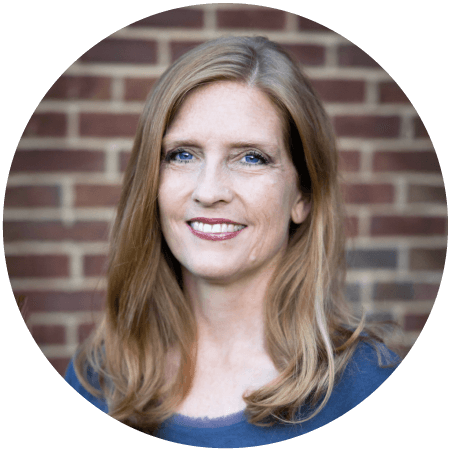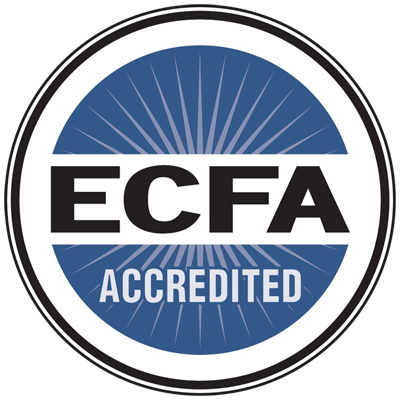How the Call to Missions Collided with the Practical Steps: When You Can’t See the Plan
Caren Abraham was alone. But she had finally landed into her childhood dream. A missionary, in Africa.
December 10, 2024
When the World Shifts
Caren Abraham was alone. But she had finally landed into her childhood dream. A missionary, in Africa. The next step was to learn Swahili and she was in the perfect place for it, but at the wrong time. Who could have predicted that she would be the only human on a campus that usually has 500 students milling about. She wasn’t sick, but she was new, she was alone, and she didn’t know anyone.
She arrived in Nairobi just weeks before Covid blocked all social sensibilities. Swahili would be learned with her teacher online as she would be by herself for the next several weeks. Caren and her teacher were able to meet in person after a few months, just once a week. Her contact with her teacher would be the only interaction with another human being during the week, for the next several weeks to months.
But Caren Abraham knew there would be more obstacles, and she was ready to face them, even if she didn’t have the answers when encountering her challenges.

Caren had her computer access to the world.
City Mouse to Country Mouse
She needed to learn Swahili so she could eventually move to the north. Even though the languages are very tribal in northern Kenya, she would be able to get by with Swahili. Nairobi has a lot of modern conveniences, making it easier to adapt to the many differences that still exist. Kapsowar, in the north, is very tribal and they inhabit a lot of land. It is the place that people in modern Nairobi say, "Why do you want to go there?”
Caren wanted to go because there is a hospital there. A hospital that was started by Samaritan’s Purse who set aside an area for a dentist office and started to pray. Kapsowar has 400,000 people in the region. People will journey for hours to get to the hospital when they need help. There are many injuries while the two largest tribes war with each other frequently. Though the hospital has been there for many years, the dentist was nonexistent until her arrival.
Caren found the equipment she needed in Nairobi to set up a dental practice in Kapsowar. She was still learning Swahili while searching for all the equipment, but it was exciting to see this dental practice starting to become a reality. Missions and dentistry were coming together to serve the community and express God’s love.
My Two Front Teeth (Deciding on Dentistry)
Her parents hosted missionaries in their home often. She was a young girl when she decided she wanted to go somewhere far away, somewhere where people didn’t know about Jesus. She loved the stories she heard and always had a lovely time visiting with the missionaries.

Caren wanted to be a missionary since she was a little girl.
Once she sunk her teeth into missions, she stayed her course. She went to college, but still did not know what she wanted to study. She just knew she wanted to be a missionary. How would Caren fit into the world of missions? This question took up a great deal of her thoughts. Of course, there are nearly as many possibilities as there are ideas about how to do ministry.
Once Dentistry was decided, she began making plans, but dental training for the field seemed nonexistent. How could she get the best training to work remotely in Africa? Knowing who to talk to proved to be difficult. She discovered that only a few dentists have gone to the field before her and if you wanted to talk to a dentist who also works in missions, they are likely working on the field as they chat with you. Dentistry is still a very untapped route to accomplish overseas missions.

When Caren found dentistry, she found her path to missions.
Looking for someone to send me
Finally, she met Samaritan’s Purse at the Global Missions Health Conference held annually in Louisville, Kentucky. In her conversation with them, she discovered they had been praying for a dentist for 20 years in a remote region in Kenya. They had already made space for a dentist office in their hospital. It only needed equipment and a dentist. Caren signed up for a 2-year opportunity.
The 2 years was great. She learned some language, Swahili. She found equipment, in Nairobi. She set up the new dental clinic in Kenya’s northern rural area. Samaritan’s Purse covered all her needs and the needs for the clinic. Then the clients started coming. She would spend the rest of her two-year commitment treating the tribes of Kenya’s north.

When the two-year commitment came to a close, she knew she wanted to go back to Kapsowar. But she could not do it without a support system that would understand her needs as a long-term missionary. Since Samaritan’s Purse was not set up for long-term missionaries, she would need to find another organization to support her future.
Searching for an organization
But what do you look for in a missions organization? There are many missions organizations out there. Determining what you need in an organization can be a daunting task. They can be based on your denomination, the kind of work you want to do (i.e. evangelism, church planting, BAM, medical, agriculture, poverty or disaster relief, human trafficking, etc.). Some organizations are funded by the greater body of church associations and provide the missionaries a salary through that. Some require you to raise your own funds. Some provide continuing education, or great missionary care, and some operate very simply and take care of your banking issues.
Caren needed to go through this process. She needed to discern what she needed in an organization. She knew she needed support. But understanding what kind of support she needed wasn’t so clear just yet. She did have a team she worked with in Kapsowar and they understood what was needed in that region. But did they understand what she needed from her passport country, her home church, others who better understood missionary needs.
Gaining Experience (The VA vs. The private practice)
The VA
Caren decided to go train at the VA hospital and practice her dentistry skills. Her decisions regarding the care the veterans needed was fully funded and responsive. Many veterans came to the dental hospital after not caring for their teeth for many years and needed some hefty work. Referring to other specialists and getting the care provided for them was fairly easy. But it was a place where she could really improve her dentistry skills. It was exciting to look at someone’s uncared for mouth and know that she could fix it.
The hard part was being a twenty something single woman who didn’t look so American at first glance. Though in her heart and language, she is American. Unfortunately, the middle-aged men found it difficult to find something in common with young, ambitious Caren, until they saw how she was caring for the clients. Since most of her colleagues were the same age as her parents, she knew it was just another barrier.
Earning trust
Caren found that she really enjoyed dentistry and focused on gaining experience and skill in treating her patients. Fortunately, the VA hospital allowed for freedom of choice in treating her clients. She discovered that many VAs had not been to the dentist in many years and required a lot of work. She loved the work of improving her client’s oral health and took advantage of the many choices she had for their treatment.
Even though it was part-time, she gained so much experience. Eventually, she also gained the respect of her colleagues at the VA. An affirmation that she was on the right track.
Private Practice
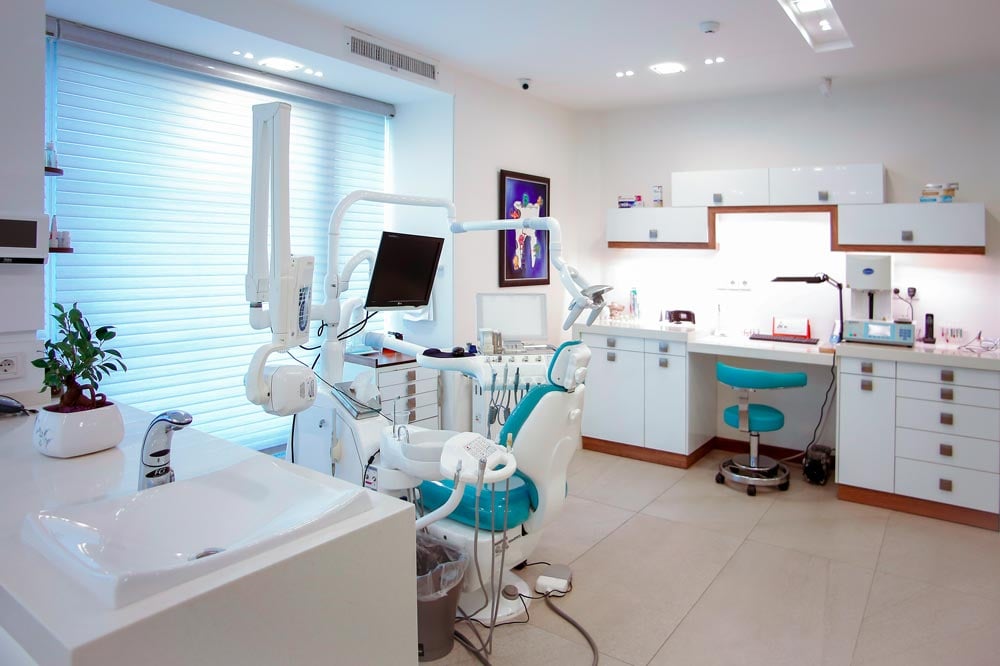
Caren spent the other part of her time at a private practice, what she calls, “the bread and butter,” of dentistry. It was here that she learned how to manage people who relied on her decisions and skill. While there wasn’t the need for very expert dentistry skills, learning how to run an office and manage a budget were skills she was able to build and hone. It had its own toughness to work through, but it was so good for Caren.
When kids would say, “I want an American dentist,” her colleagues were able to vouch for her in a similar way they would with their other colleagues. It did take about a year for her to gain the trust of the rest of the office staff, but she was eventually accepted among the team members. Now they were able to relate more as partners with a higher trust in each other.
The private practice had a tighter budget. If a patient needed more extravagant care, it was more difficult to get through the insurance companies. But it was a place where she learned to manage her time, manage an office staff, and discuss some difficult issues with patients. It was also another place that earning trust felt a little more difficult, as she was the young female that didn’t look so American. And thought Caren is one of the kindest people you will ever meet, some kids just had a hard time seeing her beautiful brown skin and believing they could trust her with their mouth.
Setting up the Clinic
While Caren was learning Swahili, she also had time to gather the dental equipment she needed to start the clinic. Being in Nairobi for language learning had some great benefits. She was able to collect and purchase everything she needed to set up a two exam room dental office to care well for her rural patients.
As she started to treat patients, it soon became clear she would need more training. Some injuries she needed to care for in Kenya, she would not be allowed to touch in the US. The policies normally in place at dental practices and the laws in the US were not available here. She had to rely on her God and on her training to care for these people well. It was in these reflections that Caren said, “Kenya taught me how to be a dentist.”
Tribal warring is typically based on revenge, to put it simply and mildly. If one member of your tribe is killed or wounded. There is often some sort of revenge payback. It is an eye for an eye. If a member of one tribe has been killed, it is fully expected that retaliation with the intent of killing is in full preparation. Of course there are many variations of this theme. There are many injuries that take place during these times that require oral surgery, which Caren was not previously trained in.
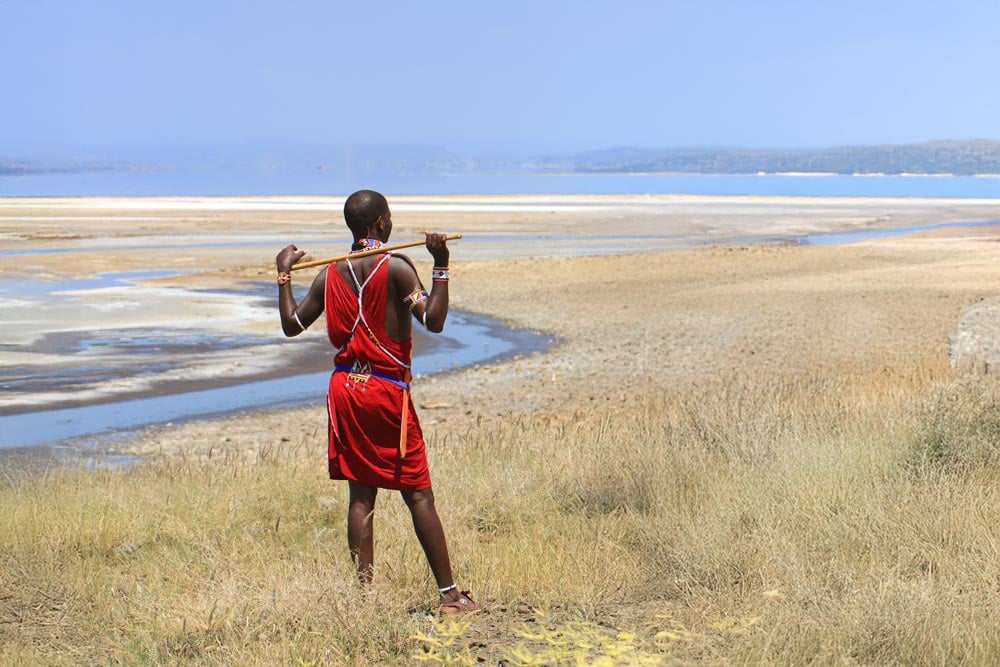
Training in Nairobi: Oral Surgery
After some time in Kapsowar, Caren learned that she would need more training and likely more equipment. Caren had encountered more than she was trained to handle. Fortunately, there were oral surgeons in Nairobi that would be able to help her identify diseases, how to treat them, and know when surgery is needed and how to do it. Indeed, Kenya continued to teach her how to be a dentist.
There will always be a need for many dentists in this region. Many clients will trek for hours and days to receive care. Since the dental office is connected to the hospital, there are medical patients as well as dental patients.
Caren makes the effort to share the gospel with every patient she sees. The need for dental care brings the patient to her. She builds trust with her patient and cares for their spiritual needs as well as their dental needs.
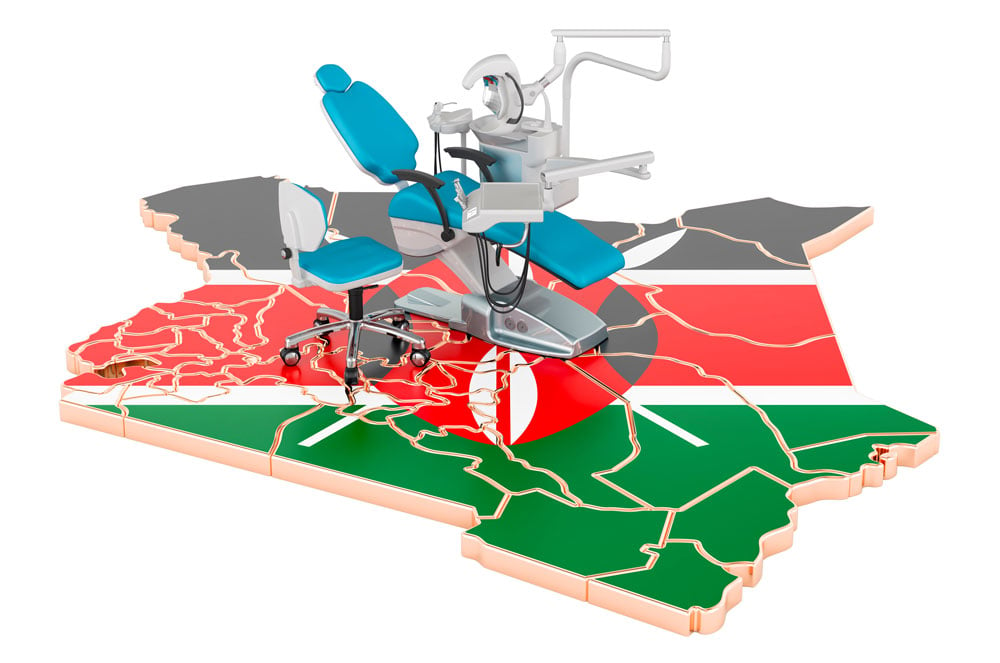
Tooth Tales
Caren often shares about specific clients in her newsletter. The following tale takes place in West Africa where she held a temporary clinic with the hospital.
"God brought you here at just the right time!" This same sentiment was voiced by three surgeons the day after I landed in Togo. They had just drained two patients who were struggling for breath from spreading dental infections.
The next day, while putting together the dental room, I was summoned to the operating room to evaluate one of the patients while she was under general anesthesia. At first, due to the amount of fluid, I could hardly see a thing. After a second light, a suction, and six dental mirrors were assembled, I was finally able to visualize the source of the infection: an upper wisdom tooth!
Standing on my tip toes, I prayed and began to eradicate the offender. 30 minutes later, it was out - along with what seemed like half her weight in pus. Praise God for a life saved and exposed to Christ!”
Dentistry can heal an infection and it can even save a life, in the physical sense. Caren’s purpose is more than dentistry. Dentist skills is just the avenue she uses to introduce her clients to Jesus Christ. They may not accept Jesus right away, but the care she shows is Jesus loving each of her clients.
And how often have we used tools to begin relationships, show our care for others, and help bring order from chaos in the name of Jesus?
Deborah took charge of the Israelite army and led the nation into battle.
Ruth gathered leftover grain in the fields, committing her life to Naomi’s God, and remaining loyal to her mother in law.
Lydia dyed fabric and a significant figure in the growth of the early church.
Caren has honed her skills with dental tools and uses them to clean teeth, fix disordered mouths, and occasionally will save a life. Each patient is introduced to Jesus Christ.
What Happens Next? Need for a specific dental X-Ray machine
Caren’s next piece of equipment she needs is a dental X-Ray machine called a Panoramic Oral X-Ray Machine. If you get your teeth cleaned regularly, it’s the big machine that takes X-Rays of your teeth every year. This equipment will allow Caren to have a better understanding of the patient’s dental needs and treat the client with higher accuracy.
If you would like to send funds to Caren so she can purchase this X-Ray machine, please follow the link here.


